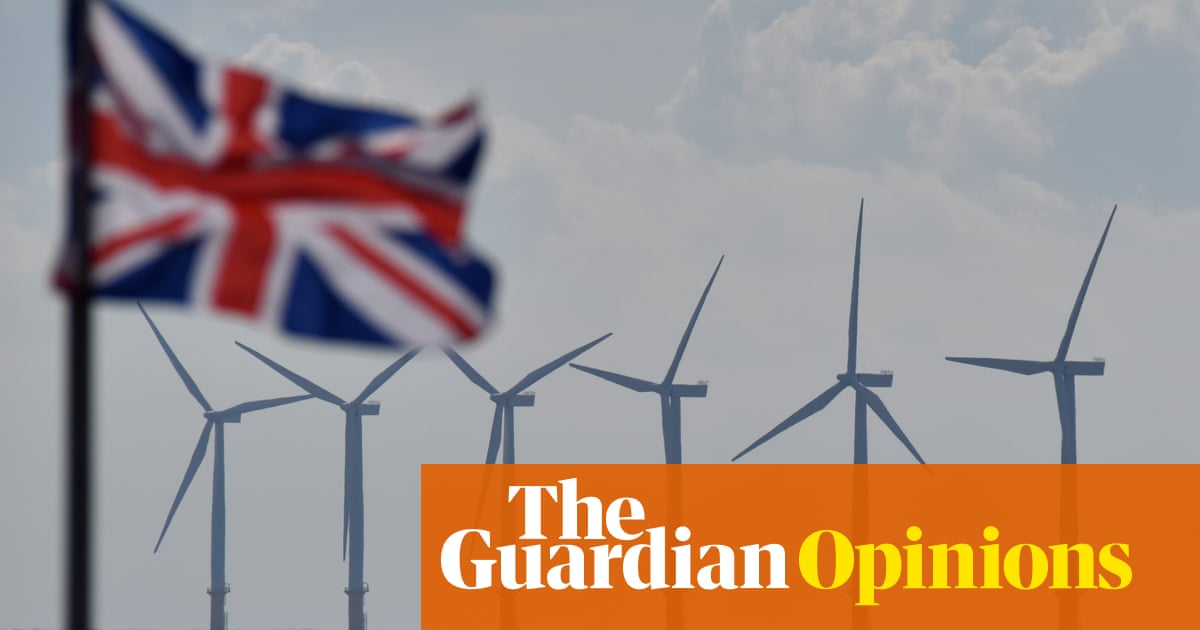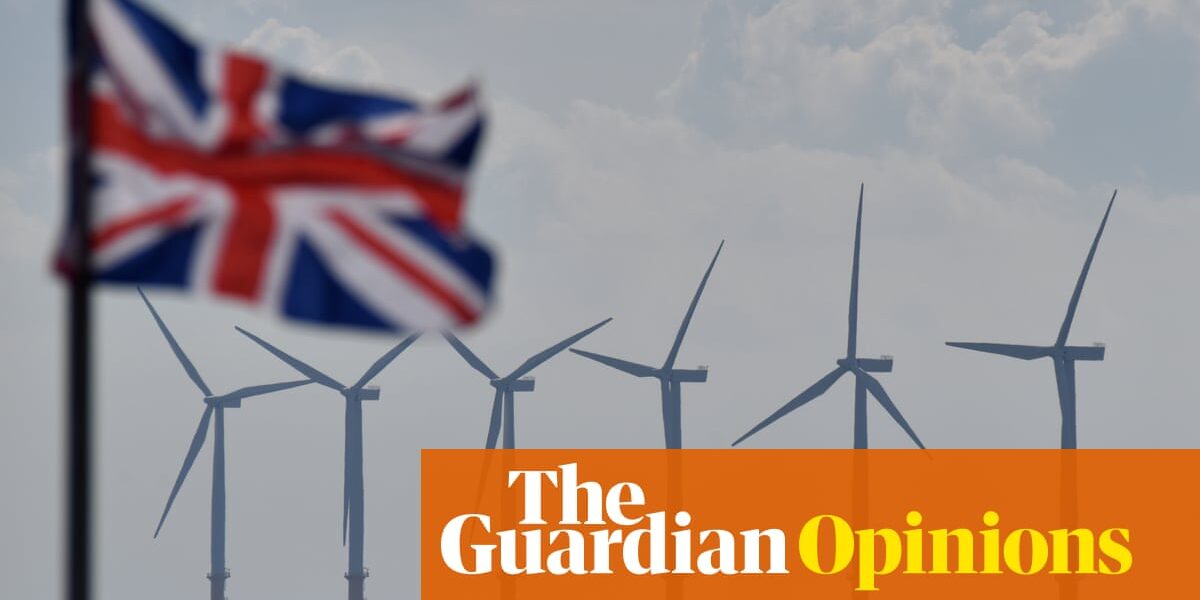The Guardian view on the climate and the election: a gulf divides science from policy | Editorial

There are voters for whom the climate crisis is the most pressing issue in this general election. But for most people, immediate cost of living pressures and concerns about the health service come first. Last week, more than 400 climate scientists wrote a letter to party leaders in which they said it was disappointing that global heating, and policies to tackle it, are not more prominent in the campaign. They called for much stronger action, including a clear path to net zero in 2050 and a halt to new fossil fuel development in the North Sea.
They are right that politicians should raise their ambitions. The disconnect between climate science and climate policy grows more and more alarming. Last month, a Guardian survey of hundreds of leading researchers found that 77% expect global temperatures to reach at least 2.5C above preindustrial levels – a dangerous level of heating pointing to massive disruption and conflict. A report this week revealed that last year saw the highest-ever fossil fuel consumption globally, as well as record wind and solar power generation.
Labour’s abandonment in February of a pledge to spend £28bn a year on greening the economy was a grave error. Still, the party retained its ambitions. Labour wants the UK to be the first major economy in the world to ensure that all power comes from cheaper zero-carbon electricity sources by 2030. The party’s plan for a publicly owned energy company is also a good one, particularly the commitment to finance small solar and onshore wind schemes as part of the mix. Unfortunately, Labour’s retreat on investment set the stage for a campaign in which climate policy is nowhere near as prominent a theme as it ought to be.
Attempts by rightwing politicians to weaponise climate politics, and to undermine public support for net zero by suggesting that the transition will be at the expense of the poor, are concerning in the UK as they are elsewhere. The spike in gas prices that followed Russia’s invasion of Ukraine is one reason for the cost of living crisis. But rather than making the case for reduced dependence on gas, and investment in renewables as a route to increased security, Rishi Sunak set the UK back in climate terms.
Nevertheless, the UK’s offshore wind industry is thriving and popular. The Green and Liberal Democrat manifestos contain ambitious climate pledges, with the Lib Dems – who some polls suggest could become the official opposition – committing to an earlier net zero target, new aviation taxes and a zero-carbon standard for new homes. The Green party promises to end new and recent oil and gas licences, introduce an escalating carbon tax and establish large-scale ecological protections.
On Thursday, a supreme court decision that planning decisions must take account of future greenhouse gas emissions raised the likelihood of more legal challenges to fossil fuel infrastructure. Caution has been the watchword of Labour’s campaign. Rulings like this should make it easier to be bold. The biggest-ever climate opinion poll this week showed that 80% of people in the world’s biggest fossil-fuel-producing countries back a swift transition. The next UK government needs to face down the cynics and lobbyists. The scale of the climate threat and the injustice it encompasses – including the implications for children and young people everywhere – should make the case for ditching fossil fuels irresistible.
Source: theguardian.com




